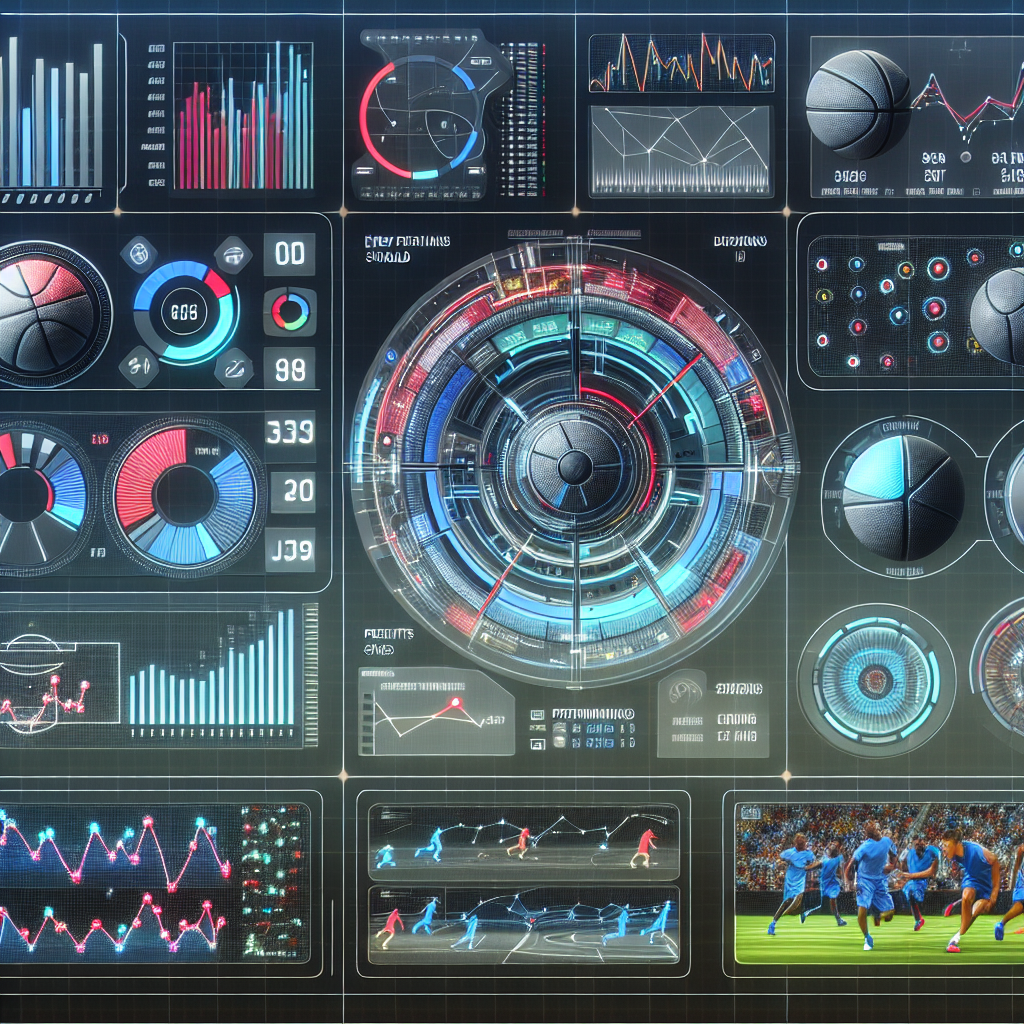The Impact of AI Development on Sports Analytics
Artificial intelligence (AI) has become an integral part of the sports industry, revolutionizing the way teams analyze performance, make strategic decisions, and enhance player development. With the rapid advancements in AI technology, sports analytics has evolved significantly, providing teams with valuable insights and competitive advantages. In this article, we will explore the impact of AI development on sports analytics and how it is shaping the future of sports.
AI in Sports Analytics
AI technology has transformed the way sports teams analyze data, helping them uncover patterns, trends, and insights that were previously difficult to identify. By utilizing machine learning algorithms, teams can process vast amounts of data in real-time, allowing them to make more informed decisions and improve performance. From player tracking to game strategy optimization, AI has revolutionized the way sports are played and managed.
One of the key areas where AI has made a significant impact is in player performance analysis. By collecting and analyzing data from wearable devices, sensors, and cameras, teams can track player movements, speed, and physical exertion levels during training sessions and games. This data provides coaches and trainers with valuable insights into player performance, helping them identify areas for improvement and optimize training programs.
AI technology has also revolutionized game strategy and tactical analysis. By analyzing historical data, scouting reports, and game statistics, teams can develop customized game plans that exploit their opponents’ weaknesses and maximize their strengths. AI algorithms can predict player behavior, game outcomes, and potential game-changing moments, giving teams a competitive edge on the field.
Furthermore, AI has revolutionized fan engagement and entertainment in sports. By analyzing fan preferences, social media interactions, and viewing habits, teams can personalize the fan experience, creating targeted marketing campaigns, and delivering customized content to their audience. AI-powered chatbots and virtual assistants can provide fans with real-time updates, statistics, and interactive experiences, enhancing their overall engagement with the sport.
Frequently Asked Questions:
Q: How is AI used in player performance analysis?
A: AI technology is used to collect and analyze data from wearable devices, sensors, and cameras to track player movements, speed, and physical exertion levels. This data provides coaches and trainers with valuable insights into player performance, helping them optimize training programs and identify areas for improvement.
Q: How does AI impact game strategy and tactical analysis?
A: AI algorithms analyze historical data, scouting reports, and game statistics to develop customized game plans that exploit opponents’ weaknesses and maximize strengths. AI technology can predict player behavior, game outcomes, and potential game-changing moments, giving teams a competitive edge on the field.
Q: How does AI enhance fan engagement in sports?
A: AI technology analyzes fan preferences, social media interactions, and viewing habits to personalize the fan experience. Teams can create targeted marketing campaigns, deliver customized content, and provide real-time updates to enhance fan engagement and entertainment.
In conclusion, the development of AI technology has had a profound impact on sports analytics, revolutionizing the way teams analyze performance, make strategic decisions, and engage with fans. By leveraging AI algorithms and machine learning techniques, sports teams can gain valuable insights, optimize player performance, and enhance the overall fan experience. As AI technology continues to evolve, we can expect to see even more innovations in sports analytics, further transforming the way sports are played and enjoyed by fans around the world.

